Reporter (PV): How do you evaluate Vietnam's child care and protection work in 2022?
UNICEF Deputy Representative in Viet Nam Lesley Miller : 2022 is another difficult year due to the COVID-19 pandemic. Viet Nam had to deal with the outbreak in the early months of the year, then struggled to recover from COVID-19. However, Viet Nam still made efforts and achieved some positive results in its work for children.
Vietnam has done a great job in vaccinating its population against COVID-19. As of December 2022, most people over the age of 12 and more than 90% of children aged 5-11 have received the primary dose of COVID-19 vaccine.
In 2022, regulations and policies on child protection in Vietnam have been strengthened. The development of the social work sector, inter-sectoral coordination in the field of child violence prevention and control and child justice continued to be strengthened through the development of many legal documents. An inter-sectoral regulation has also been developed, creating a legal framework for comprehensive care and support for abused children.
In addition, the promotion, prevention and development of mental health programmes in schools have been strengthened through training programmes for school health workers and core teachers. The Ministry of Education and Training and UNICEF have conducted a comprehensive study on school-related factors that affect mental health. Consultations, workshops and conferences with adolescents have also been conducted to increase children’s participation in mental health promotion.
Regarding challenges, like all other countries, Vietnam is still struggling to address the far-reaching socio -economic impacts of the COVID-19 pandemic. This has had a particularly heavy impact on the most vulnerable groups such as children with disabilities, ethnic minority children, children affected by migration, climate change or conflict.
The pandemic has affected every aspect of children’s lives: physical and mental health, nutrition, learning, violence prevention, and access to water, sanitation and hygiene. Progress on the Sustainable Development Goals (SDGs) has slowed on many fronts, notably with routine immunization coverage for children under 1 year falling from over 80% to 67% by October 2022. Likewise, progress on reducing violence against children has stalled, with over 72% of children aged 1-14 experiencing violent discipline at home. This is a pivotal moment. Giving every child back a childhood is more urgent than ever.
Vietnam is not the only country facing these issues, but it is impressive that it has made such a strong commitment and prioritised resources to address these challenges. Concrete solutions need to be found to address malnutrition, learning losses due to school closures, children missing out on routine vaccinations, health checks due to the pandemic, and the silent suffering of stress, loneliness and increased exposure to domestic violence.
PV: In 2022, what outstanding achievements has the cooperation between Vietnam and UNICEF achieved, madam?
UNICEF Deputy Representative in Viet Nam Lesley Miller : In 2022, UNICEF has contributed to strengthening the capacity of health systems to respond to the COVID-19 pandemic and other infectious diseases. UNICEF has procured more than 85 million doses of COVID-19 vaccines, related vaccination supplies and medical equipment. A communications campaign has also been implemented to increase immunization coverage, and expanded vaccination campaigns and mobile vaccination campaigns in hard-to-reach areas. These activities have not only strengthened the government’s COVID-19 vaccination program, but also strengthened routine childhood immunization programs.
Second, on nutrition, UNICEF has been actively providing technical support and policy advocacy to the government, including for the National Action Plan 2022-2025. In 63 provinces, UNICEF has built capacity to plan and implement nutrition activities, and advocated for sustainable funding mechanisms to scale up evidence-based, high-impact nutrition interventions.
Third, UNICEF and partners have deployed innovative water and sanitation solutions, focusing on climate-resilient technologies such as zero-emission toilets.
Fourth, UNICEF has coordinated with the Ministry of Labour, Invalids and Social Affairs to equip about 3,500 social workers, teachers, health workers, and officials working for mass organizations and non-governmental organizations with basic knowledge and skills on child protection. Two training courses on child protection have been developed for undergraduate social work programs. In addition, more than 8,500 legal professionals and judicial officers have been trained on how to work with child victims, witnesses and in conflict with the law, ensuring that thousands of children receive UNICEF-supported case management, health care, psychosocial support and legal aid services.
Together with the Ministry of Education and Training, UNICEF has supported the promotion of adolescent mental health, starting with a groundbreaking national study of school-related factors influencing mental health, and integrating mental health prevention efforts and programmes into schools. 150 school health workers and core teachers have been trained to support the mental health of students. UNICEF interventions have also supported the government to ensure more equitable learning opportunities for children with disabilities, ethnic minority children and LGBTI children. For example, UNICEF has partnered with the Global Digital Library to produce 160 quality digital books in eight ethnic minority and sign languages.
Finally, UNICEF has successfully leveraged the creativity and power of digital media in its advocacy and awareness campaigns such as the Green Heart, Safe Journey, Giving Childhood Back to Every Child and World Children's Day campaigns.
PV: Can you share about the important activities that UNICEF plans to implement in Vietnam in 2023?
UNICEF Deputy Representative in Vietnam Lesley Miller : UNICEF supports the promotion of children's rights to ensure that no child is left behind. With the principle of equity at its core, UNICEF promotes access for the most disadvantaged and vulnerable groups, especially ethnic minorities.
In 2023, UNICEF will continue to work with the Government of Viet Nam and relevant sectors in areas such as physical and mental health, nutrition, access to clean water and sanitation, education, child protection and social assistance. We are fully committed to providing technical assistance to strengthen the legal system, policies and plans, build capacity for partners, pilot innovative solutions - focusing on digital transformation, promote changes in perceptions and social norms, and mobilize support and advocacy to promote the implementation of children's rights.
In the face of increasing climate-related impacts and disasters, we will also promote child-sensitive and climate-resilient social services, and strengthen capacities for effective disaster risk reduction and response.
Partnerships are key to achieving these goals. In addition to working with governments, mass organizations, NGOs, influencers and development partners, we will harness the potential of the private sector to advance children’s rights through public-private partnerships and shared values to promote family-friendly policies in business and protect young workers.
PV: Thank you very much!
Source link



![[Photo] The Government Standing Committee works with ministries and branches on the real estate market situation.](https://vphoto.vietnam.vn/thumb/1200x675/vietnam/resource/IMAGE/2025/5/24/e9b5bc2313d14c9499b8c9b83226adba)
![[Photo] Ho Chi Minh City holds funeral for former President Tran Duc Luong](https://vphoto.vietnam.vn/thumb/1200x675/vietnam/resource/IMAGE/2025/5/24/9c1858ebd3d04170b6cef2e6bcb2019e)





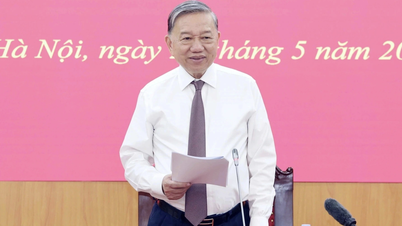

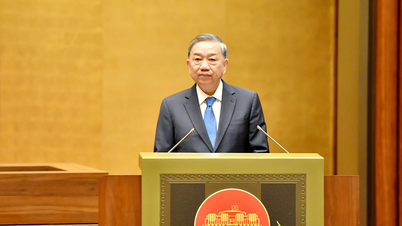



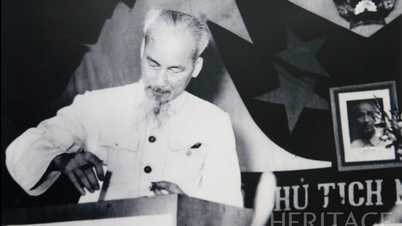












![[Photo] Party and State leaders visit former President Tran Duc Luong](https://vphoto.vietnam.vn/thumb/1200x675/vietnam/resource/IMAGE/2025/5/24/960db9b19102400e8df68d5a6caadcf6)


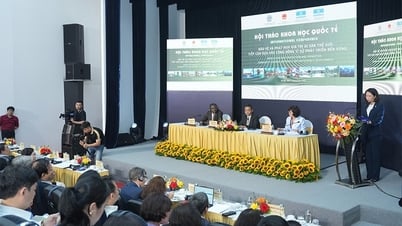



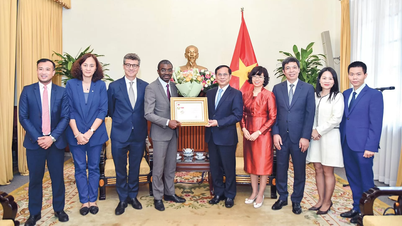







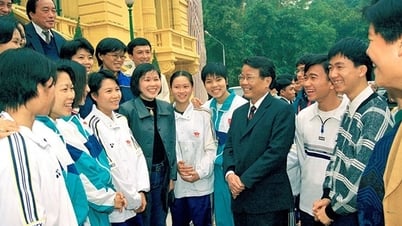

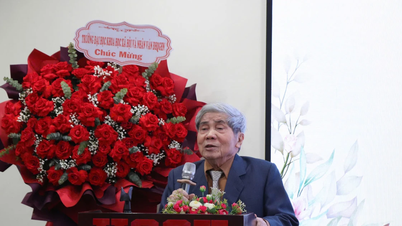














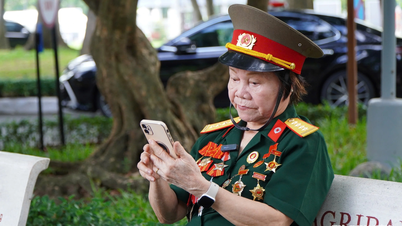
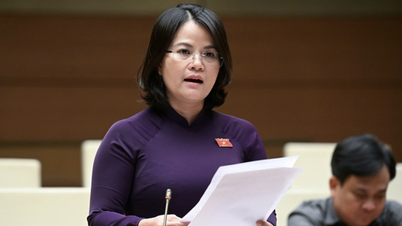
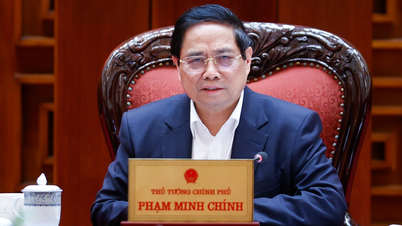
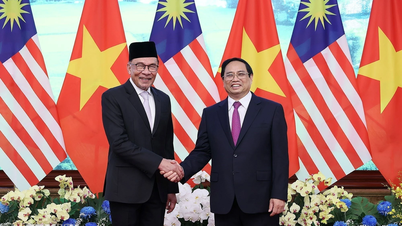















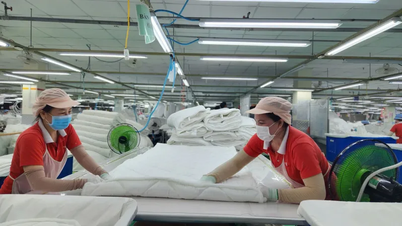
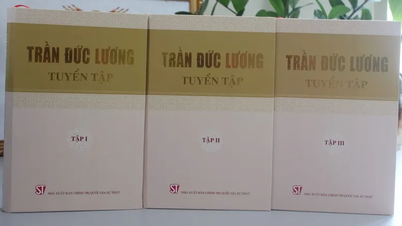













Comment (0)